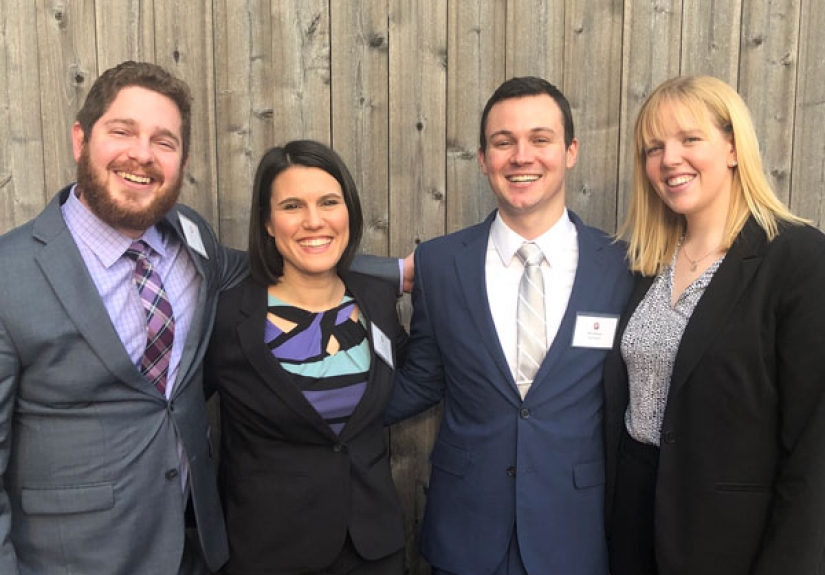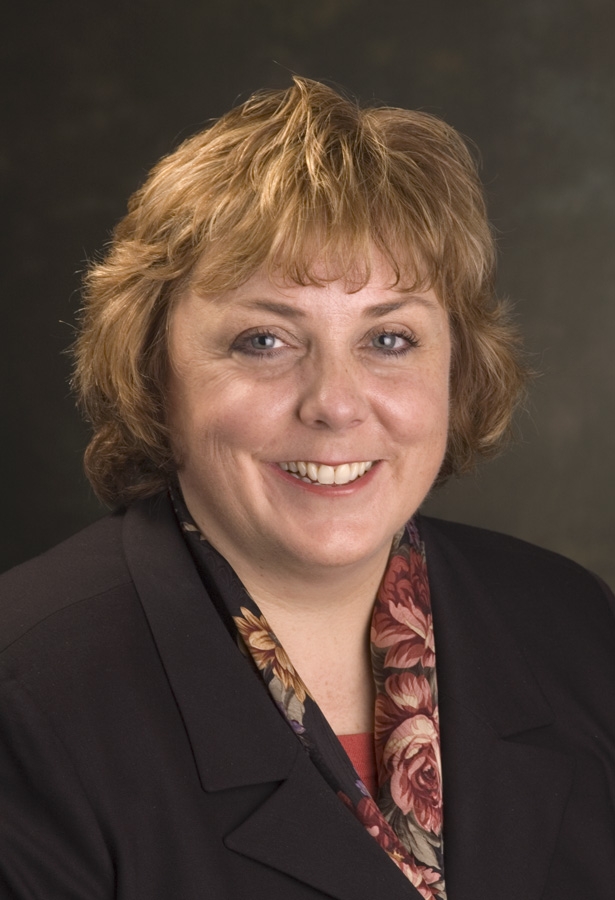Student drive, donor support empower health care case competition
All-virtual this time, contest in its 10th year
By Denise Blough

First-year graduate students in health administration programs across the country will compete virtually April 8-9 at Ohio State’s First-Year Health Care Case Competition, now in its 10th year.
Entirely run by the student organization Association for Future Health Care Executives (AFHE), the competition is a signature event within the College of Public Health’s Master of Health Administration program, ranked No. 7 in the nation by U.S. News and World Report.
![]() “Our case competition is one of, if not the only, case competition that’s entirely for first-year graduate students,” said Randy Johnnicon, second-year MHA student and AFHE vice president. “It gives students the opportunity to apply what they’re learned and to take the experience with them as they continue to grow throughout their program.”
“Our case competition is one of, if not the only, case competition that’s entirely for first-year graduate students,” said Randy Johnnicon, second-year MHA student and AFHE vice president. “It gives students the opportunity to apply what they’re learned and to take the experience with them as they continue to grow throughout their program.”
Operating similarly to a mock trial competition, student teams are presented with a “case” about a real-world health care issue, to which they must propose creative solutions during a presentation to expert judges. This year, the case was written by John Hopkins Medicine, and judges come from organizations including Ohio Health, the Mayo Clinic and the Cleveland Clinic. The top six teams out of 24 will advance to the final round on April 9, which includes a live Q&A with the judges.
“Outside of the classroom, it is one of the single most valuable experiences for students,” said Julie Robbins, clinical associate professor of health services management and policy, MHA program director and faculty advisor to the competition. “It really challenges them to bring together what they’ve learned across classes and apply it to a real-life scenario.”
This year’s event is especially meaningful to Johnnicon, who was on the AFHE planning committee last year when the arrival of COVID-19 meant the in-person competition had to be canceled. He and his fellow AFHE members have been organizing the 2021 case competition since July.
“We’ve been putting in the time and effort to make sure that — even though it’s going to be virtual — it’s still going to be just as great as all the other years and that it can still be something everyone’s proud of,” Johnnicon said.
Despite worries they wouldn’t acquire the same sponsorships for a virtual event, all longtime supporters have stepped up, including Ohio State’s Wexner Medical Center, as well as several individual donors. The extra financial support helped AFHE secure a production company for the final round, and prize money has been raised.
 “I am so impressed with the students’ passion and their commitment in making this event the best it can be,” said Barbara Duby Wilson MHA ’82, an alumna of the college and one of the competition’s major donors this year. “I made this gift because I knew it would be a way to really make a difference in the students’ experience, not only at Ohio State, but students across the country.”
“I am so impressed with the students’ passion and their commitment in making this event the best it can be,” said Barbara Duby Wilson MHA ’82, an alumna of the college and one of the competition’s major donors this year. “I made this gift because I knew it would be a way to really make a difference in the students’ experience, not only at Ohio State, but students across the country.”
With decades of health administration experience, including her current role as administrator of strategic implementation and optimization at Nemours/Alfred I. duPont Hospital for Children in Delaware, Duby Wilson sees immense value in the case competition for advancing students’ career readiness.
“It’s a team case study, and for me that’s really critical, because there’s very little that we do in our careers that’s individual,” she said. “Learning how to get the best work product and the best thinking from a team will undoubtedly be useful in not only these students’ careers, but their summer residencies in their second year of graduate school.”
Duby Wilson’s gift — along with donations from Ned Zechman MS ’74, Ed Howell MS ’77 and more than 50 alumni, faculty and staff — will help strengthen the competition for years to come. Even in the face of a pandemic, what started as a small regional competition with under 10 teams continues to grow each year, Robbins said.
“It’s all a result of the students’ vision and drive.”
If you’d like to support the First-Year Health Care Case Competition, please make your gift.
About The Ohio State University College of Public Health
The Ohio State University College of Public Health is a leader in educating students, creating new knowledge through research, and improving the livelihoods and well-being of people in Ohio and beyond. The College's divisions include biostatistics, environmental health sciences, epidemiology, health behavior and health promotion, and health services management and policy. It is ranked 22nd among all colleges and programs of public health in the nation, and first in Ohio, by U.S. News and World Report. Its specialty programs are also considered among the best in the country. The MHA program is ranked 5th and the health policy and management specialty is ranked 21st.